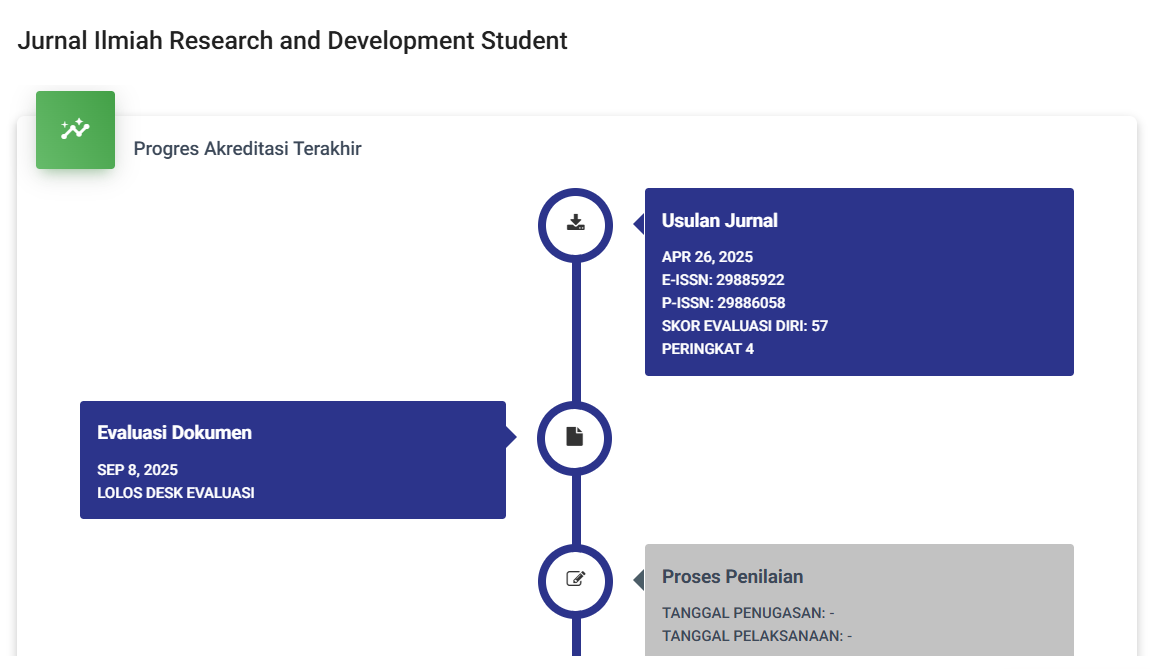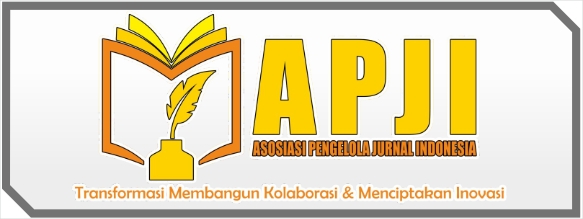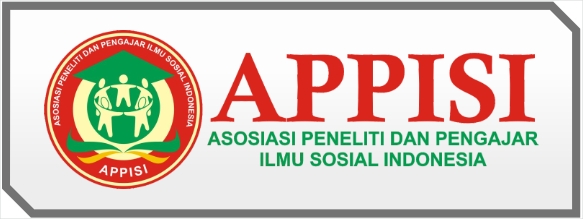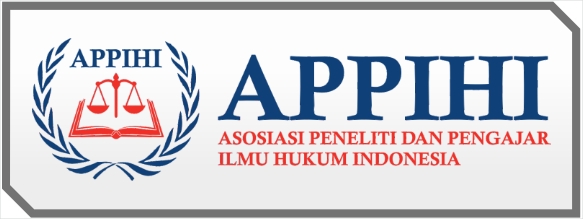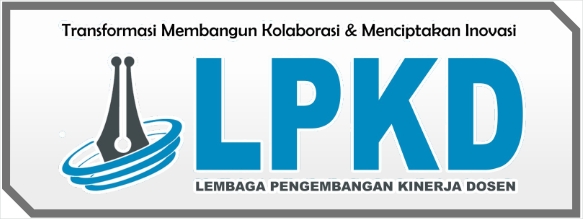PENGARUH KECERDASAN EMOSIONAL DAN MOTIVASI KERJA TERHADAP KINERJA PEGAWAI PADA PEMERINTAHAN KECAMATAN SIBOLGA SAMBAS
DOI:
https://doi.org/10.59024/jis.v1i1.389Keywords:
Emotional Intelligence, Work Motivation, Employee PerformanceAbstract
Human resources are one of the important factors in an organization, both agencies and companies. One of the most important resources for the world of work or agencies is a human being who is an employee, employee, laborer or worker. One of the factors that affect employee performance is emotional intelligence. Another factor that affects employee performance is work motivation. This study aims to determine the effect of emotional intelligence and work motivation on employee performance in the District Government of Sibolga Sambas.The type of research used in this study is a research approach using descriptive methods, namely research carried out by collecting data according to the actual situation with the aim of revealing facts and seeking information about the causes of the problem and how to solve it. Descriptive method, Quantitative is a method used to make a broader conclusion.
Based on the partial hypothesis test, it is known that emotional intelligence has an effect on employee performance. This research can be seen from the calculation results obtained from the T test, namely the known value of Sig. for the effect of X1 on Y is 0.002 <0.05 and the value of T count is 3.291 > 1.999 so it can be concluded that H1 is accepted which means that there is an influence of Emotional Intelligence on Employee Performance. Employee Performance. This research can be seen from the calculation results obtained from the T test, namely the known value of Sig. for the effect of X2 on Y is 0.032 <0.05 and the value of T count is 2.197 > 1.999 so it can be concluded that H2 is accepted which means that there is an effect of X1 on Y1. Based on the F test, it is known that the value of Sig. for the simultaneous influence of Emotional Intelligence and Work Motivation on Employee Performance is 0.001 < 0.05 and the F value is 10.192 > F table 3.31 So it can be concluded that H3 is acceptable, which means that there is an influence of Emotional Intelligence and Work Motivation simultaneously on performance Employee.
References
Agency, B. & Tridhonanto, A. (2009). Malejitkan Kecerdasan Emosional Buah hati. Jakarta : Elex Media Komputindo
Afandi, P. (2018). Manajemen Sumber daya Manusia (Teori, Konsep dan Indikator). Riau : Zanafa Publishing.
Ardana, (2012). Manajemen Sumber Daya Manusia. Yogyakarta : Graha Ilmu.
Chukwuma, E.M., dan Oloko (2015). Effect of motivation on employee performance of cemmercial banks in kenya : A case study of Kenya Commercial Bank in Migori County, Journal of Human Resource Studies 5 (2).
Farida, umi, (2016). Manajemen Sumber Daya Manusia II, Ponorogo : pusat penerbitan Fakultas Ekonomi. Universitas Muhammadiyah Ponorogo
Goleman, D. (2015). Emotional Intellegence : Kecerdasan Emosional EI lebih penting dari pada IQ. Jakarta: PT Gramedia Pustaka Utama.
Goleman, D. (2016). Kecerdasan Emosional (Alih Bahasa): T. Hermaya. Jakarta
: PT Gramedia Pusat Utama
Hamzah, B.Uno. (2017). Teori Motivasi dan pengukurannya (Analisis di bidang pendidikan . Jakarta: Bumi Aksara.
Hasibuan, Malayu S.P. (2014). Manajemen Sumber Daya Manusia, Edisi Revisi. Jakarta: Bumi Aksara.
John, M. Echols & Hassan Shadily. (2010). Kamus Inggris Indonesia An English-Indonesia Dictionary. Jakarta: Gramedia.
Kadarisman. (2012). Manajemen Kompensasi. Jakarta: Raja Grafindo Persada.
Kartono, Kartini. (2011). Pemimpin dan Keepemimpinana. Jakarta : PT Raja Grafindo Persada.
Mangkunegara, A. (2015). Manajemen Sumber Daya Manusia. Bandung: PT. Remaja.
Moeheriono. (2012). PengukuranKinerja Berbasis Kompetensi. Jakarta : Grafindo Persada
Novita. (2011). Faktor-faktor yang Mempengaruhi Motivasi Kerja. Jakarta: PT Gunung Agung
Pabunda. (2010). Budaya organisasi dan peningkatan kinerja perusahaan. Jakarta: PT Bumi Aksara.
Sugiyono. (2008). Metode Penelitian Kualitatif Kuantitatif, Bandung: PT Gramedia Pustaka Utama.
Sugiyono. (2013). Metode penelitian Kuantitatif, Kualitatif dan R&D. Bandung : Alfabeta CV
Sugiyono. (2017). Metode penelitian Kuantitatif, Kualitatif dan R&D. Bandung : Alfabeta CV
Susanto, A. (2016). Teori Belajar dan Pembelajaran di Sekolah Dasar. Jakarta : Fajar Interpratams Mandiri
Sutrisno, Edy. (2016). Manajemen Sumber Daya Manusia. Jakarta: Kencana Prenada Media Group.
Wibowo. (2013). Manajemen Kinerja, Edisi 3, catatan 6. Jakarta: PT Raja Grafindo Perseda
Downloads
Published
Issue
Section
License
Copyright (c) 2023 JURNAL ILMIAH RESEARCH AND DEVELOPMENT STUDENT

This work is licensed under a Creative Commons Attribution-ShareAlike 4.0 International License.


